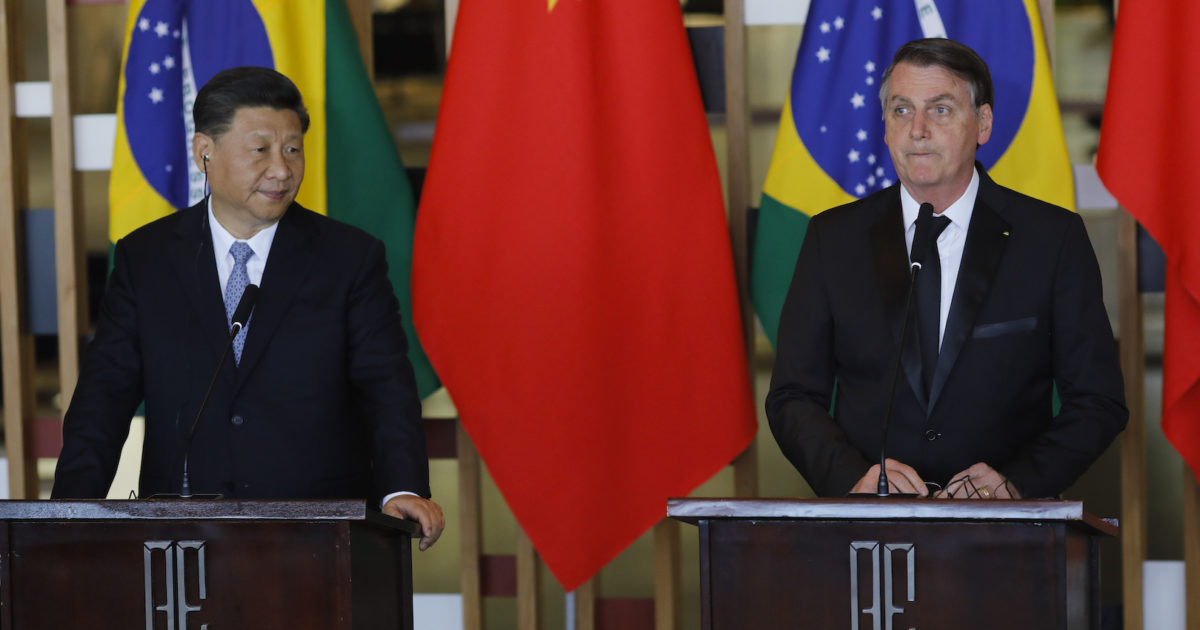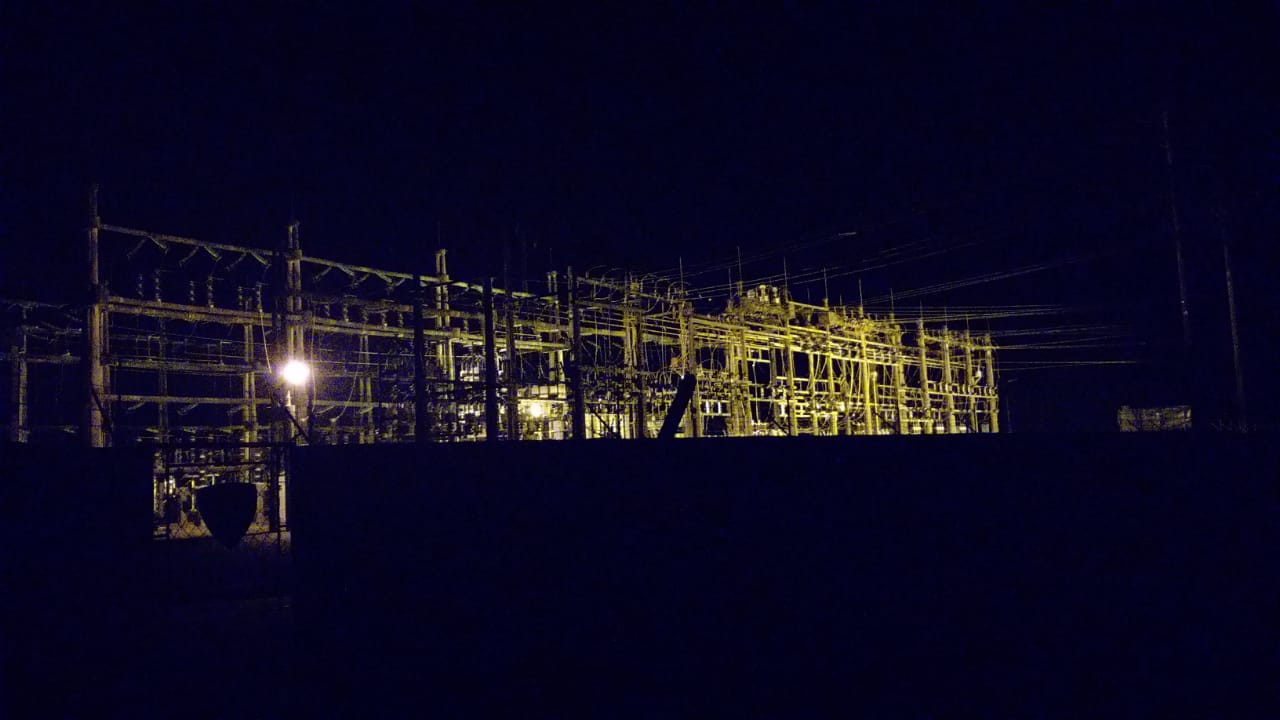It is undeniable that Brazilian politics is being conducted, with great intelligence, towards complete chaos. Chaos, whose multiple craftsmen and manipulators lead to automatically aggravate as elections approach.
This chaos has only one beneficiary, which is already making acquisitions throughout Brazil: Communist China.
Chaos brings down the prices of companies and goods, causing their owners to take capital to other countries or invest in safer investments.
China uses a very simple tactic to take over foreign companies: the “grey rhinoceros”. “Private groups expand globally through cheap credit in the country. It is not uncommon for groups like HNA, Wanda Group, Anbang to face financial problems given their high leverage, promoting a dance of chairs. Private groups leave, state-owned companies enter, buying the assets” says Felippe Hermes in an article for Infomoney.
72 billion reais is the amount invested in Brazil from 2003 to 2019 by Chinese companies, according to data from the Ministry of Foreign Affairs released in 2019.
The gradual Chinese expansion surpasses the American one, “ in this first moment, through the purchase of participations in local projects, whether majority or minority, such as the pre-salt fields acquired during the Libra auction. Of the total invested by Chinese, only 11% was allocated to new projects. The rest focused on acquisitions”, informs Felippe Hermes.<
Dumping practices (when a product is sold below its normal price to gain market share), which are rejected in most nations that engage in international trade, are accepted in Brazil because here China is considered a market economy country.
Private groups bought considerable stakes in areas such as aviation, infrastructure and finance:
As in the case of Anbang, the HNA Group suffered from liquidity problems, having to divest its stakes, while the Chinese state-owned companies, however, do not have the same problem.
- In 2017, for example, China Merchants Group, a listed company controlled by the Chinese government, paid R$2.8 billion for the Container Terminal at the Port of Paranaguá , the second largest in Brazil. In 2020, state funds took over part of the business.
- Also in the port area, a sector that has been growing in interest by the Chinese government , the state-owned China Communications Construction Company (CCCC), is investing R$ 2 billion to build a port in Maranhão, building two routes to transport Brazilian agricultural production , to the south and north of the country.
- The same CCCC is currently negotiating a new project, this time in Santa Catarina , in the order of R$ 1 billion , also for the grain area, as in São Luís.
- Having purchased the engineering company Concremat, CCCC is also investing in wind energy, and if it depends on the São Paulo government, it will compete for concessions on highways.
- The same State Grid unsuccessfully attempted an offer to buy all the shares.
- Another energy giant, CTG, China Three Gorges – which owns the 3 Gorges plant, the largest on the planet – acquired control of 14 hydroelectric plants , in addition to the participation of 3 others. The company, which won the CESP privatization auction, is today the second largest privately owned power generator in the country . Through EDP, CTG also owns 11 wind farms in the country.
- Together, State Grid, CTG, in addition to State Power Investment Corporation (SPIC), control 15,600 MW, or 10% of all Brazilian energy production. Both companies are still strong competitors in privatization projects, such as those of Eletrobras and Cemig.
- In the area of oil, CNPC, the Chinese National Petroleum Corporation, which controls PetroChina, is a partner of Petrobras in the pre-salt , thanks to the joint acquisition in the auction of the Libra field. Another Chinese state-owned company, CNOOC, is also a partner in the field (both with 10% each). The company is also seeking to resume construction of Comperj, Petrobras’ petrochemical complex in Rio de Janeiro.
- In the biggest pre-salt discovery, made in 2011, Petrobras is a partner at Shell, and at RepsolSinopec, another Chinese state-owned company in the oil sector.
Altogether, the Chinese have participation in 12 pre-salt fields.
- In the agricultural sector, in addition to ports, the Chinese are majority partners with 53.4% of Belagrícola, a producer of machinery and equipment from Paraná with sales of R$2.8 billion. Other investments also include Fiagril, acquired in 2016 by the same group, DKBA.
- The media is also in the focus of partnerships by the Chinese, as in the case of the one signed with Rede Bandeirantes, which owns the TV and radio station in the country. The company has signed a content production deal with Chinese state-owned China Media Group.
- The Chinese state-owned company also signed an agreement for co-production and use of 5G technology with Rede Globo.
This list was prepared with information from Infomoney and shows that the participation of state-owned companies from Communist China on Brazilian soil is growing every day.
The article also informs that the Chinese President has criticized these investments, for creating vulnerability in the country, however, after private companies formalize the investments, the state-owned companies take over.
The greater the political chaos in Brazil, the lower will be the sale value of Brazilian assets, further favoring the great Chinese Communist expansion.



